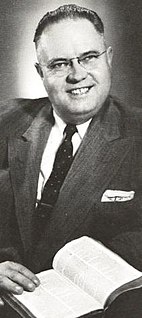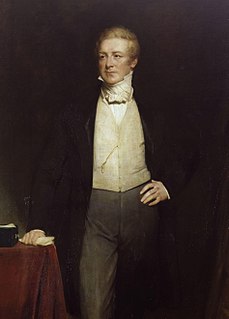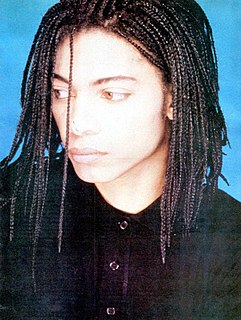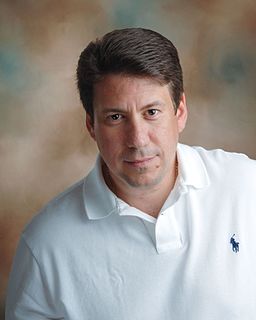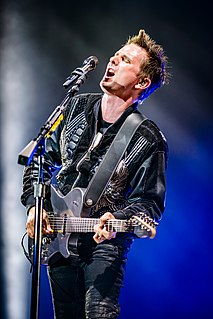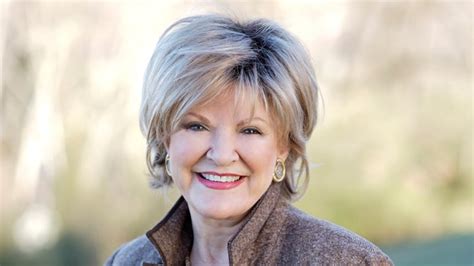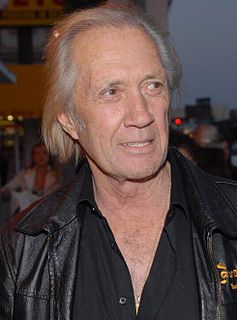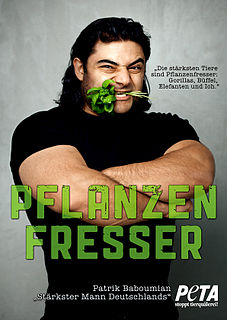A Quote by Theodore Epp
Our strength is seen in the things we stand for; our weakness is seen in the things we fall for.
Related Quotes
As the strongest faith may be shaken, so the weakest, where truth is, is so far rooted that it will prevail. Weakness with watchfulness will stand, when strength with too much confidence fails. Weakness, with acknowledgement of it, is the fittest seat and subject for God to perfect His strength in; for consciousness of our infirmities drives us out of ourselves to Him in whom our strength lies.
The most important things in life can't be seen with the eyes. Ideas can't be seen. Love can't be seen. Honor can't be seen. This isn't a new concept. Judaism and Christianity and Islam and Buddhism and Taoism have all taught for thousands of years that the highest forms of reality are invisible. God is invisible, and he created the universe. Our souls are invisible, and they give life to our bodies. Angels are invisible, and they're the most powerful of God's creatures.
The aim of scientific thought, then, is to apply past experience to new circumstances; the instrument is an observed uniformity in the course of events. By the use of this instrument it gives us information transcending our experience, it enables us to infer things that we have not seen from things that we have seen; and the evidence for the truth of that information depends on our supposing that the uniformity holds good beyond our experience.
Our society is filled with runaways, dropouts, and quitters. The epidemic of walking away has hit our land with effects as devastating as the bubonic plague, and it has destroyed millions of effective lives and relationships. We are so self-centered that we have ceased to lay down our lives for others. We have seen others faint or walk away and we have followed in their weakness. We have fainted when we could have persevered by exchanging our strength for His! With His strength, not only could we have kept on walking, we could have run!
We should not be discouraged or depressed by our shortcomings. No one is without weakness. As part of the divine plan, we are tested to see whether we master weakness or let weakness master us. Proper diagnosis is essential to proper treatment. The Lord gave us this remarkable assurance: "Because thou hast seen thy weakness thou shalt be made strong" (Ether 12:37). But wishing for strength won't make us strong. It takes faith and work to shore up a weakened cord of integrity.
To disguise nothing, to conceal nothing, to write about those things that are closest to our pain, our happiness; to write about our sexual clumsiness, the agonies of Tantalus, the depth of our discouragement-what we glimpse in our dreams-our despair. To write about the foolish agonies of anxiety, the refreshment of our strength when these are ended; to write about our painful search for self, jeopardized by a stranger in the post office, a half-seen face in a train window, to write about the continents and populations of our dreams, about love and death, good and evil, the end of the world.
Strength must build up, not destroy. It should outdo itself, not others who are weaker. Used without responsibility, it causes nothing but harm and death. I can lift the heaviest weights, but I can not take the responsibility off my shoulders. Because the way we use our strength defines our fate. What traces will I leave on my path into the future? Do we really have to kill in order to live? My true strength lies in not seeing weakness as weakness. My strength needs no victims. My strength is my compassion.
I’ve never seen an exploding helicopter. I’ve never seen anybody go and blow somebody’s head off. So why should I make films about them? But I have seen people destroy themselves in the smallest way, I’ve seen people withdraw, I’ve seen people hide behind political ideas, behind dope, behind the sexual revolution, behind fascism, behind hypocrisy, and I’ve myself done all these things. So I can understand them. What we are saying is so gentle. It’s gentleness. We have problems, terrible problems, but our problems are human problems.
